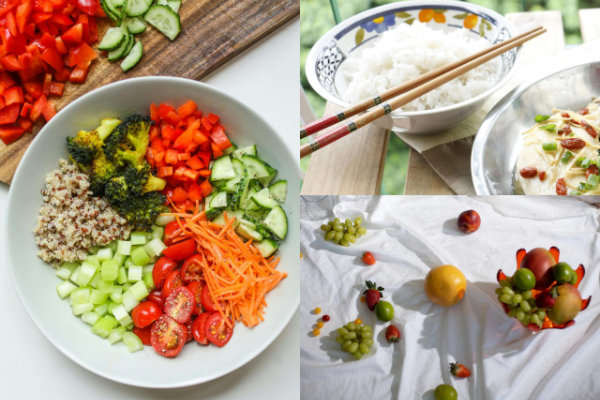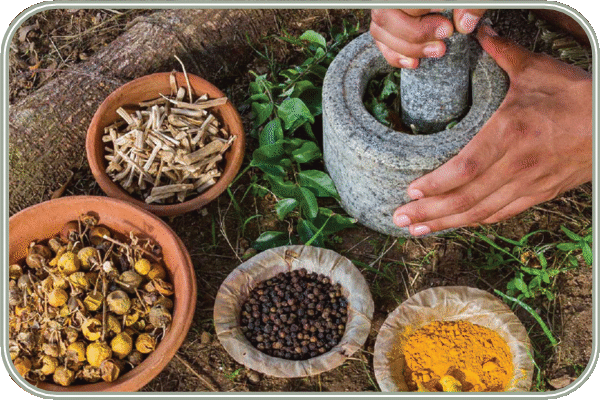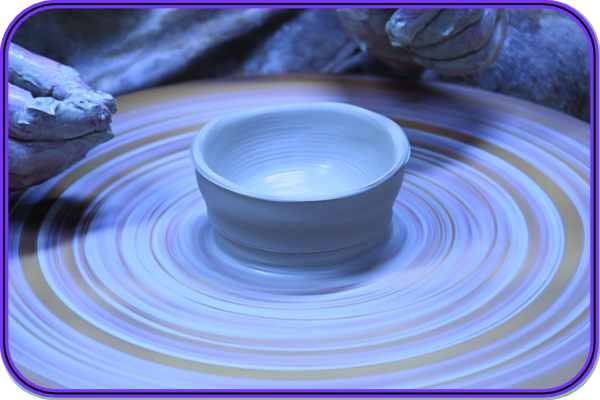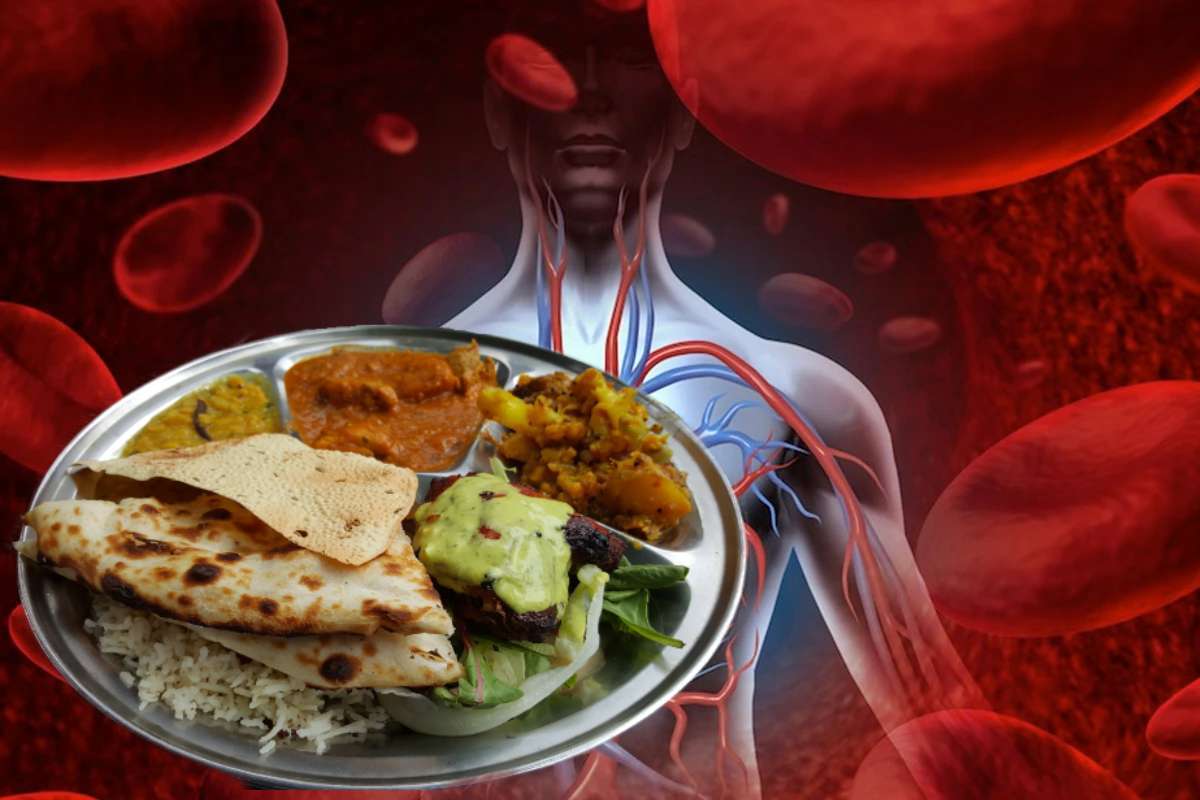The role of the spleen in hypertension
Arterial hypertension (AH) corresponds to an abnormal increase in blood pressure on the artery walls. It is also defined by figures measured by a blood pressure meter: from…
In Traditional Chinese Medicine (TCM), hypertension is not considered a pathology, but a syndrome that alerts us to a dysfunction of certain internal organs. TCM diagnosis identifies the energy imbalances underlying these dysfunctions. These vary naturally from one individual to another.
Hypertension according to TCM
Chinese medicine is always interested in the causes of so-called diseases, and never stops at the symptoms alone. The factors that can lead to hypertension are extremely varied. It is generally accepted that they are closely linked to a healthy lifestyle. Among these, the psycho-emotional aspect plays a vital and recognized role in hypertension.
Excessive anxiety related to the difficulties of daily life, constant stress, and underlying depression can lead to high blood pressure.
While each organ can play a role in the development of hypertension, particularly the liver and kidneys, we have chosen to focus here on the role of the spleen in high blood pressure through the production of Tán.
Spleen functions
The Spleen is a very important organ in TCM. It belongs to the Earth in the Five Elements theory, and is linked to the emotion of anxiety. It is at the center of the body and has the property of “bringing up” and “bringing down” the essences it extracts from food.
The Spleen transforms food and drink into blood and qi. It also plays a role in sorting and eliminating waste through stool, urine and perspiration.
A high-quality diet is therefore essential for the proper energy balance of the spleen. However, our diet is often too rich, and we eat too much.
What’s more, we consume foods that provide a lot of moisture (sugars, fats), or foods that are too raw or too cold. In both cases, we damage the spleen.
If the spleen is weak, its transformation and elimination properties will be disrupted. The spleen will not be able to eliminate all the waste from the digestive tract, which will then turn into Tán, or phlegm. The Tán formed can be either cold or hot in nature, depending on the individual.
This Tán will settle in the most vulnerable areas of the body, particularly on the walls of the blood vessels, thus hindering the free circulation of blood.
It is through Tán that the spleen is linked to blood pressure. Tán obstructs the blood vessels, making them harder and less elastic. This particularly affects the heart.

Tán and digestion
This explains the importance of a properly functioning spleen. It plays a decisive role in the quality of digestion. Thus, the same meal eaten by several people will not be digested in the same way by each person, depending on the state of their spleen and, more generally, their yin/yang balance. If the spleen is functioning properly, it can assist in the elimination of excess food.
As the role of the spleen is to transform nutrients into Qi and Blood, it is important that food is easy to digest. This limits the risk of stagnation of poorly digested food, which can generate Tán.
Finally, if the spleen is functioning properly, Tán, even if it is produced, can be easily eliminated and will not be deposited in the blood. Thus, Tán is always related to poor digestion or overeating.
Preventing the formation of Tán
Tán is not only one of the causes of high blood pressure, but it can also lodge in other parts of the body, particularly the lungs. This can lead to coughing, bronchitis, or asthma. Tán can also block the flow of qi, causing stagnation, poor blood circulation, and pain. Finally, Tán can also disturb the mind and cause mental confusion, anxiety, and depression.
As we have seen here, it is essential to maintain the spleen, and all of the organs in general, in a good state of energetic balance. Chinese medicine can restore the necessary balance through acupuncture or herbal prescriptions. However, patients must also take action to rebalance their lifestyle, particularly their diet (see below). They must also take care to manage their emotions better.
Diet and Tán production

Taking care of your diet is the best way to avoid Tán production. Here are the main foods to avoid:
- fried foods (French fries, doughnuts and breaded foods) oily and fatty foods, which are difficult to digest;
- Sugar and sweet foods, including sugary drinks (sodas, sweetened fruit juices, energy drinks, etc.) and alcohol;
- Dairy products (especially full-fat cheeses, whole milk, cream and yoghurts). These are humidifying and can therefore encourage the production of mucus;
- Cold foods and drinks. Cold or iced drinks, or food taken out of the fridge too cold, weaken the spleen. The same is true of too much raw food;
- Refined and processed foods from the food industry.
Care should also be taken with the cooking method. Some cooking methods are conducive to the production of mucus or Tán, such as :
- Frying, which increases the fat content of food;
- Grilling and roasting at very high temperatures;
- Cooking with a lot of oil.
On the contrary, we recommend :
- Light cooking, such as steaming, which preserves the nutritional value of food while facilitating digestion;
- Boiled or braised foods;
- Hot, cooked foods such as soups and broths, which support spleen function;
- Steamed, lightly sautéed or boiled vegetables;
- Whole grains (brown rice, quinoa, oats, etc.);
- Lean proteins (fish, chicken, legumes)







0 Comments